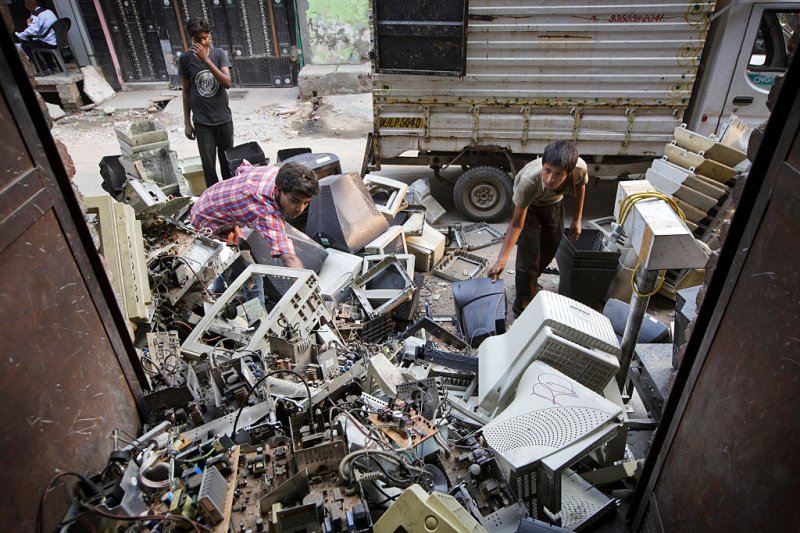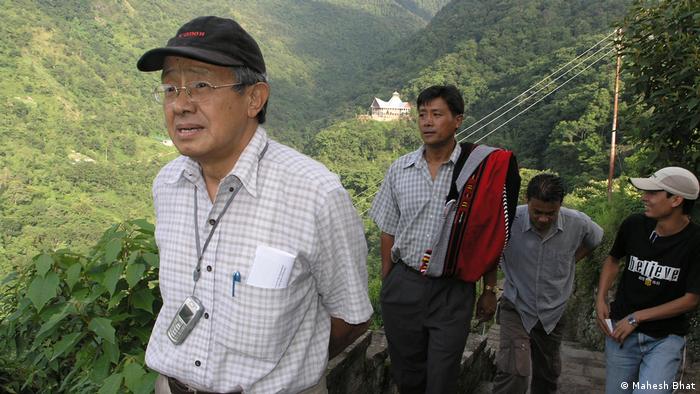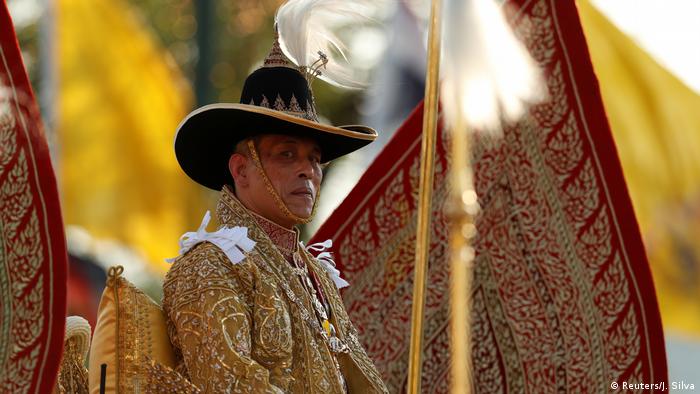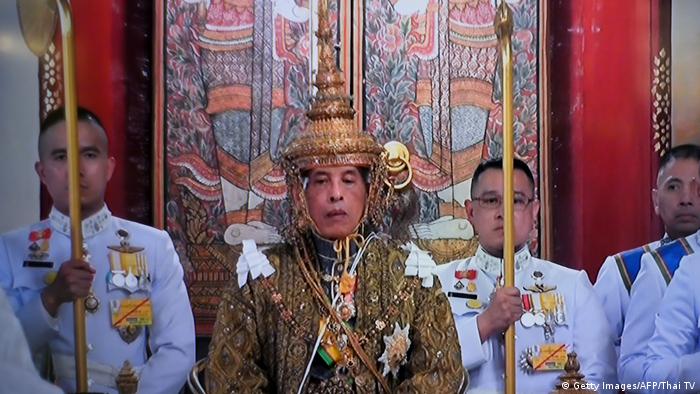BI INDIA BUREAU JULY 31, 2020,

Dylan Winterflood/unsplash
One in every third child — about 800 million worldwide — are being poisoned by lead
According to the UN report, lead poisoning hampers children's ability to fully develop and prevents them from taking the maximum advantage of the opportunities in life.
Further, childhood lead exposure is estimated to cost lower- and middle-income countries almost $1 trillion due to the lost economic potential of these children over their lifetime.
The study calls for the need to abolish dangerous practices like informal recycling of lead acid batteries
Childhood lead poisoning has been a long-recognised concern and a new study shows us the extent of this grave problem. According to UNICEF, a third of the world’s children - about 800 million worldwide — are affected by lead poisoning, through air and water pollution. They have found unacceptably high levels of lead in these children’s blood, at or above 5 micrograms per deciliter — the level which requires action. Moreover, nearly half of these children live in South Asia, states this UNICEF and Pure Earth report.
“With few early symptoms, lead silently wreaks havoc on children’s health and development, with possibly fatal consequences. Knowing how widespread lead pollution is – and understanding the destruction it causes to individual lives and communities – must inspire urgent action to protect children once and for all.” UNICEF Executive Director Henrietta Fore warned.
Findings of the UNICEF report
Lead poisoning causes irreparable harm and hampers children's ability to fully develop - it has been linked to mental health and behavioural problems
Older children have higher risk of kidney damage and cardiovascular diseases
Children from low and middle-income countries are more prone to it
Childhood lead exposure is estimated to cost low and middle-income countries almost $1 trillion, due to the lost economic potential of these children over their lifetime.
Lead poisoning - the leading causes
The report notes that informal and substandard recycling of the lead-acid battery is a leading contributor to lead poisoning in children living in low and middle-income countries, which have experienced a three-fold increase in the number of vehicles since 2000.
The increase in vehicle ownership, combined with the lack of vehicle battery recycling regulation and infrastructure, has resulted in up to 50% of lead-acid batteries being unsafely recycled in the informal economy.
Workers in dangerous and often illegal recycling operations break open battery cases, spill acid and lead dust in the soil, and smelt the recovered lead in crude, open-air furnaces that emit toxic fumes poisoning the surrounding community.
Often, the workers and the exposed community are not aware that lead is a potent neurotoxin.
Other sources of childhood lead exposure include lead-in water from the use of leaded pipes, lead from active industry, such as mining and battery recycling, lead-based paint and pigments; leaded gasoline, which has declined considerably in recent decades, but was a major historical source, lead solder in food cans, and lead in spices, cosmetics, ayurvedic medicines, toys and other consumer products, said the report.
Parents whose occupations involve working with the lead often bring contaminated dust home on their clothes, hair, hands, and shoes, thus inadvertently exposing their children to the toxic element.
"There is good news to hope. The good news is that lead can be recycled safely without exposing workers, their children, and their surrounding neighbourhoods, ” Richard Fuller, President of Pure Earth said.
Fuller says lead-contaminated sites can be remediated and restored.
A Third of Children Globally Have Dangerous Levels of Lead in Their Blood

Workers sort through used computers and other electronic waste at a workshop in New Delhi, India.
Kuni Takahashi—Getty
BY MÉLISSA GODIN
JULY 30, 2020
One in three children globally have dangerous levels of lead in their blood that could cause long-term physical and mental health problems, according to a new report, with the majority of children affected in low and middle-income countries.
The research—conducted by the Institute for Health Metrics and Evaluation and published by Unicef in collaboration with Pure Earth on Thursday—found that up to 800 million children globally have lead levels at or above 5 micrograms per decilitre, an amount that can diminish a child’s IQ score by 3-5 points and could lead to increased violence, according to the report.
Most affected children are in low and middle-income countries, with South Asia accounting for half of the global total. India has the largest number of children with lead poisoning, with more than 275 million children with blood lead levels of more than five micrograms per decilitre.
“With few early symptoms, lead silently wreaks havoc on children’s health and development, with possibly fatal consequences,” said Henrietta Fore, Unicef Executive Director in a press release. “Knowing how widespread lead pollution is—and understanding the destruction it causes to individual lives and communities—must inspire urgent action to protect children once and for all.”
The report says e-waste, mining, paints and poorly recycled lead batteries are among the sources of poisoning. For example, children in many areas inhale the fumes from informal battery recycling operations and open-air smelters.
While exposure to high levels of lead can be deadly, lower levels can still have long-term health impacts, particularly for children whose brains are still developing. For children under the age of five, lead exposure is particularly dangerous and linked to mental health issues, behavioral problems as well as higher levels of crime and violence. Older children can also face severe problems, such as kidney damage and cardiovascular diseases.
But although the report rings an alarm bell about lead poisoning worldwide, it does offer hope.
“The good news is that lead can be recycled safely without exposing workers, their children, and surrounding neighborhoods. Lead-contaminated sites can be remediated and restored,” said Richard Fuller, President of Pure Earth. “People can be educated about the dangers of lead and empowered to protect themselves and their children. The return on the investment is enormous: improved health, increased productivity, higher IQs, less violence, and brighter futures for millions of children across the planet.”
/https://www.thestar.com/content/dam/thestar/opinion/contributors/2020/07/29/nature-can-help-restore-canada-after-covid-19/chicory.jpg)










